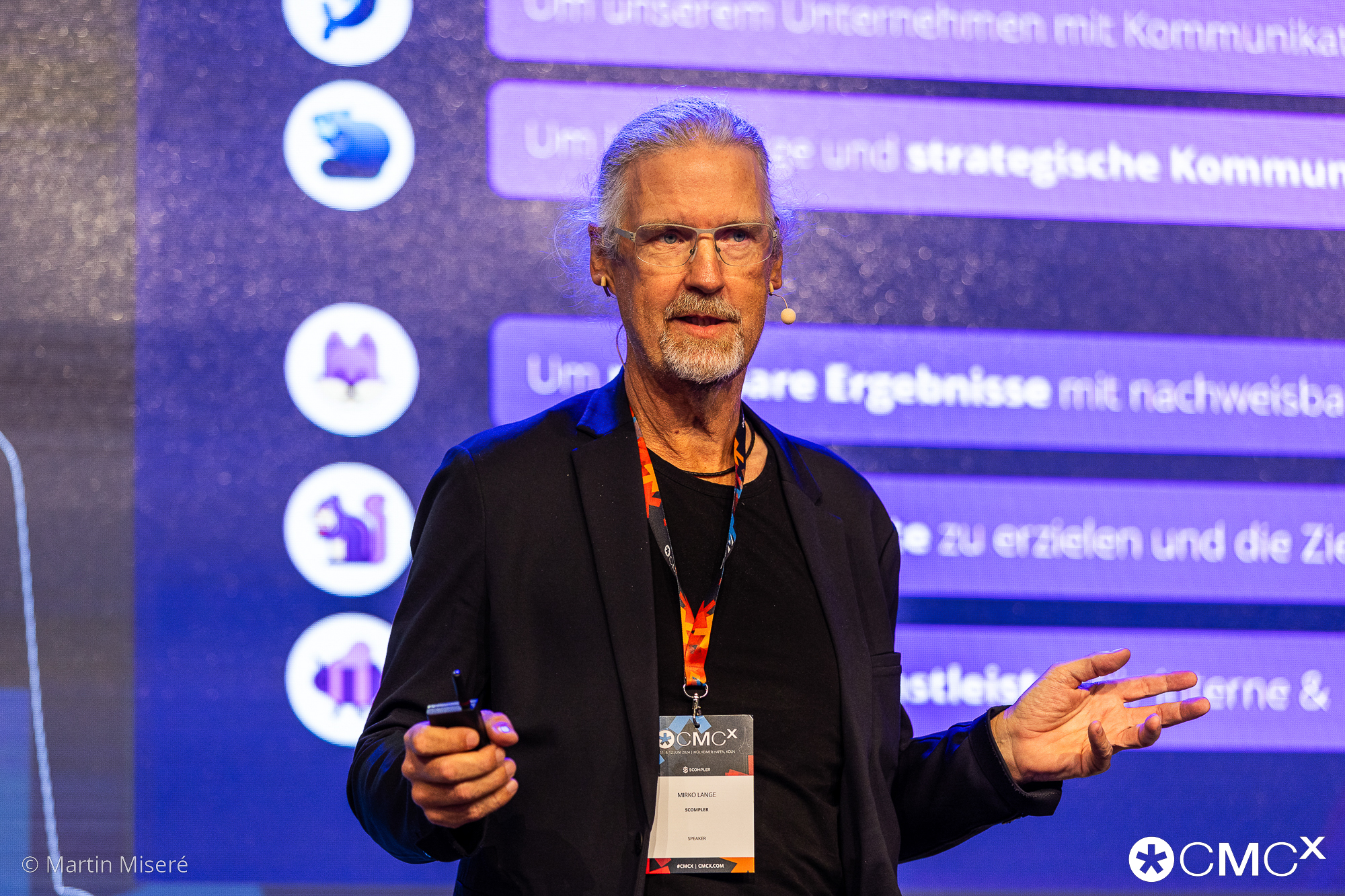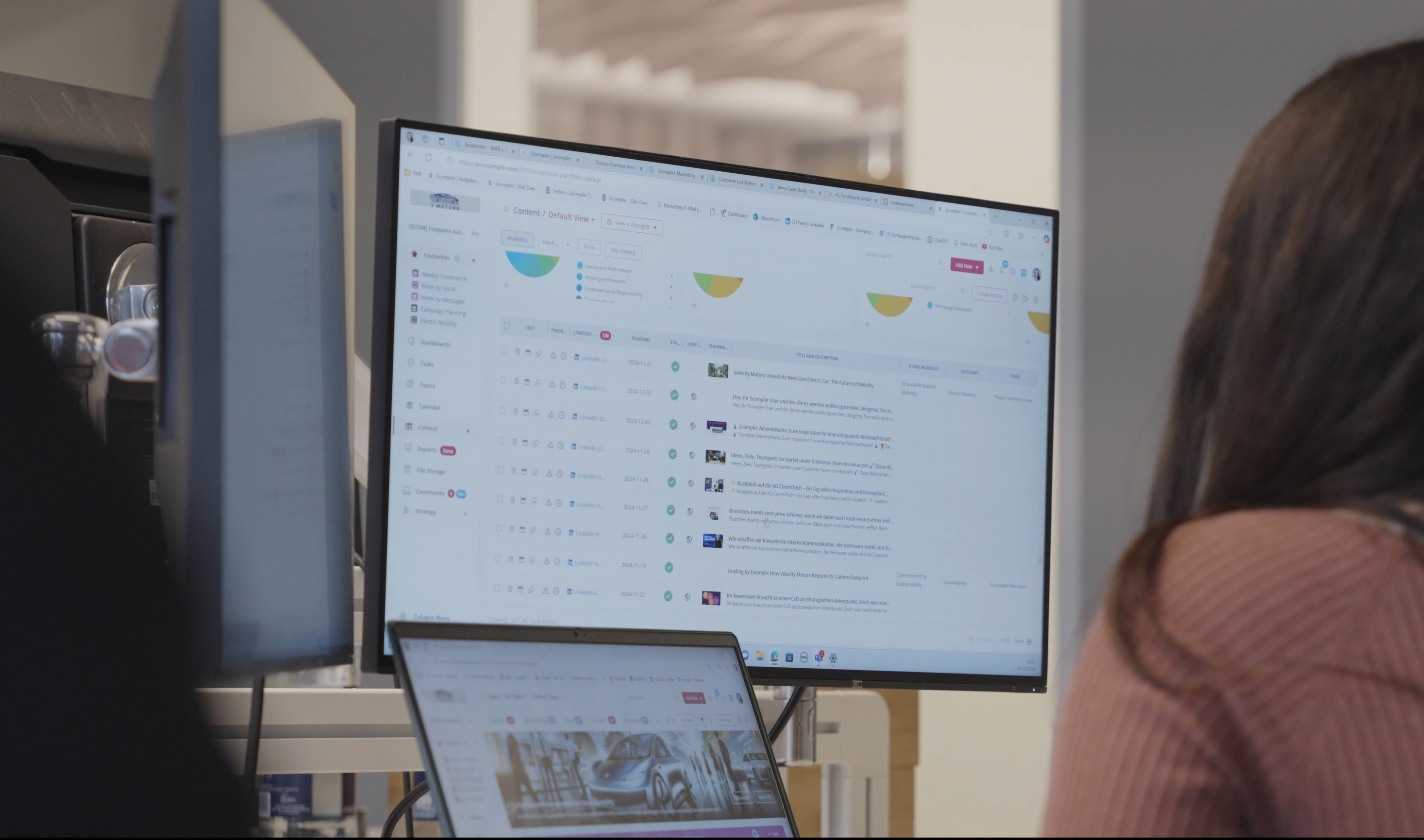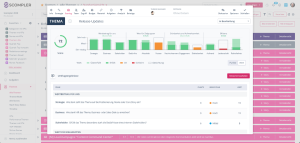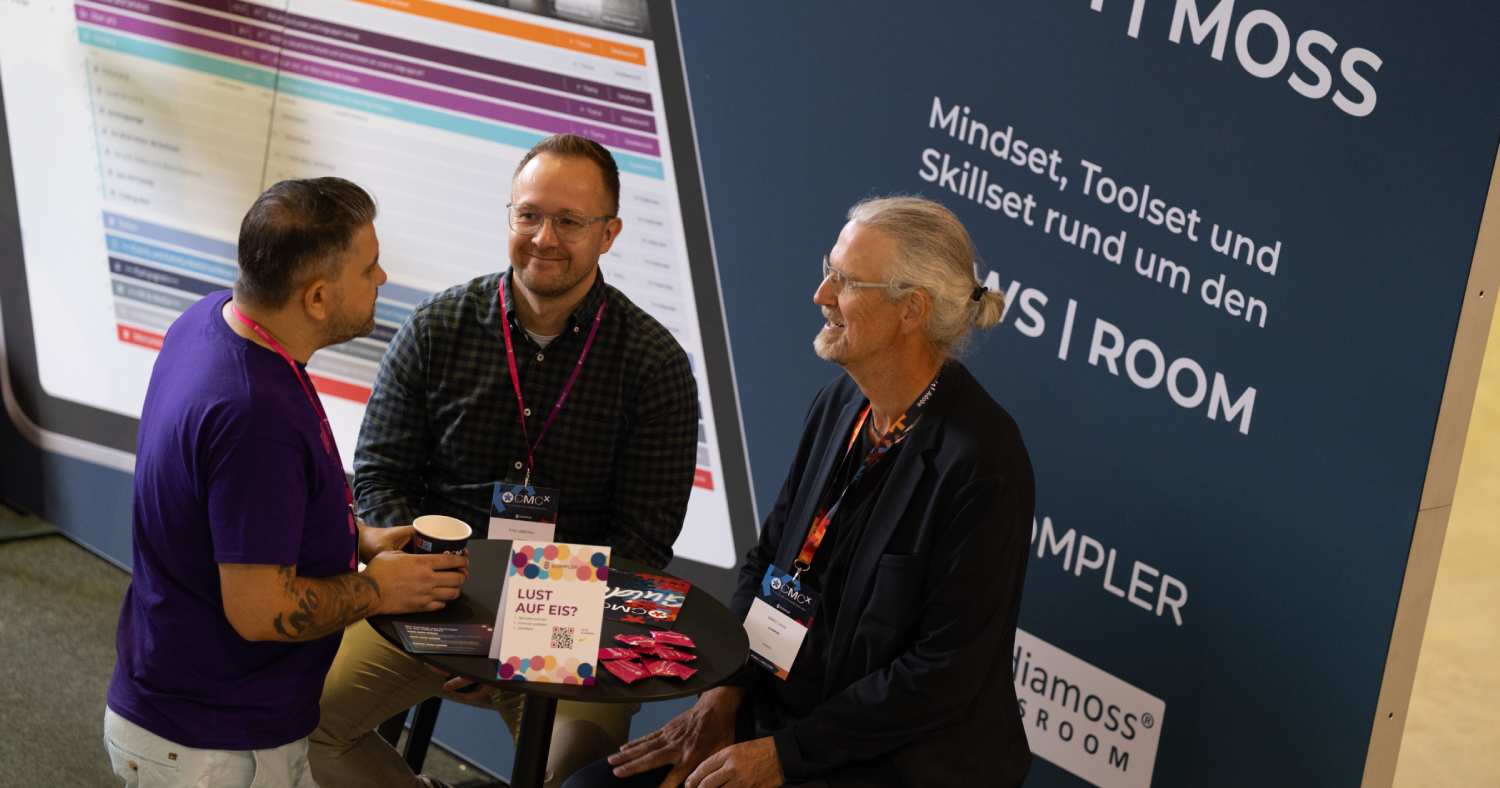Munich, January 25, 2023 - According to the results of a recent survey of 500 professionals in communications, PR, media and marketing, 68% of respondents see an increase in the importance of data-driven work in marketing and communications(go directly to the charts). The survey by Scompler and Civey shows that there is considerable potential here: Only around a quarter of respondents stated that they use market research data in their company for content creation (22%) or impact measurement (27%) at least occasionally.
The main reasons given by respondents for not using market and opinion research were that they thought it was too expensive (18%), that their target group was too specific (14%), that market and opinion research was too time-consuming (12%) or too complex (5%). According to 36% of respondents, there is nothing to be said against the use of market and opinion research, and 20% do not know.
Civey surveyed 500 professionals in communications, PR, media and marketing online for Scompler from 23.08.2022 to 16.09.2022 and from 12.01.2023 to 24.01.2023. The results are representative due to quotas and weightings, taking into account the statistical error of 8.4-9.0 percentage points (overall result).
Market and opinion research is not yet widely used in marketing and communication
"Market and opinion research is not yet used across the board in marketing and communication in such a way that it has the best possible impact on communication and corporate success," says Steffen Braun, Partner and VP Sales at Civey. "The speed of response and precision offered by a modern, digital approach enables communicators today to collect and successfully use content, strategy or measurement data in real time."
In addition, accessibility, including for new customers, has increased enormously. The Civey team provides advice on the design of the survey and the results are available after just a few days. The results can then be analyzed according to many aspects, and the charts can be exported and integrated in a ready-to-use format.
Track trends live, measure impact
"Above all, however, Civey makes it very easy to identify trends live and measure the impact of communication. These are hugely important strategic factors," says Mirko Lange, founder of Scompler. "We were extremely positively surprised by the collaboration. Not only did we very quickly gain clear insights into the impact of communication, but the service and technology were also very convincing." Scompler and Civey subsequently formed a partnership to integrate the results of Civey's data research into Scompler 's "Content Data Center". Here, for example, developments and trends for the entire team can be displayed on the dashboards in real time.
Counteracting commoditization
The importance of content based on market research is also becoming more significant thanks to AI-supported text systems, says Lange: "Systems such as ChatGPT are increasingly helping to create well-formulated texts. However, there is also a risk of commoditization if everyone accesses the same platform to create content." Content could easily lose its differentiation and would then be perceived by the customer as interchangeable. This makes it all the more important for content marketing to be able to offer exclusive content that is differentiated primarily by its substance, not by fancy wording. According to Lange, individual market and opinion research is an excellent way to achieve this.
The results in detail
Embed: <iframe src=“https://app.civey.com/embed/results/8011b808debb761f80e5600bd61e4217″ height=“500″ width=“100%“ frameborder=“0″></iframe>
Embed: <iframe src=“https://app.civey.com/embed/results/bece79237f6abeb05a2f7ef28d65acf2″ height=“500″ width=“100%“ frameborder=“0″></iframe>











